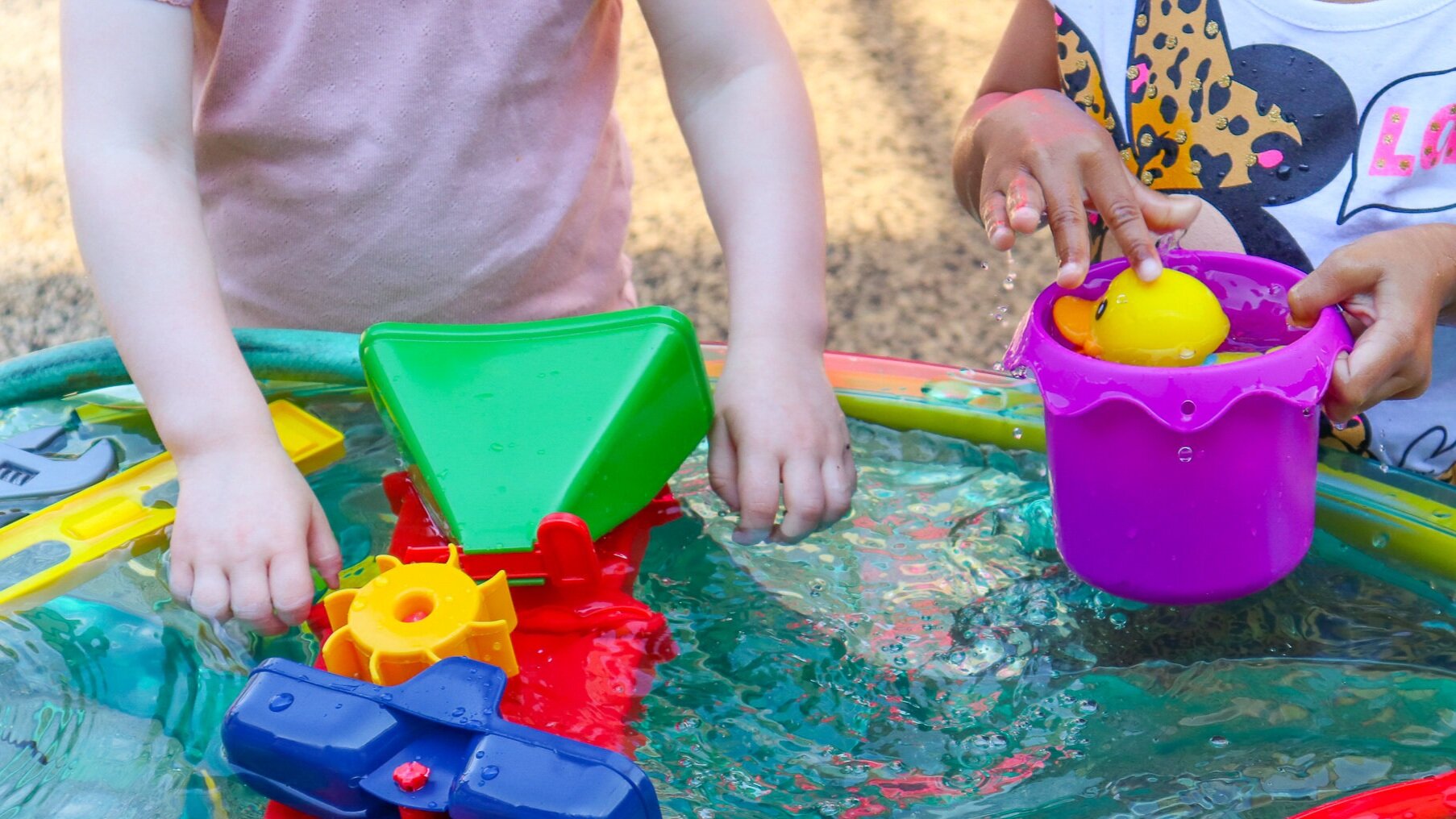
Our Approach
Our Curriculum
The Flance Early Learning Center utilizes The Creative Curriculum®, a nationally recognized, researched-based program that focuses on providing responsive, intentional care while honoring and respecting the role that teachers play in helping children develop secure attachments and gain confidence as learners.
The Creative Curriculum is based on 5 fundamental principles:
Positive interactions and relationships with adults provide a critical foundation for successful learning.
Social–emotional competence is a significant factor in school success.
Constructive, purposeful play supports essential learning.
The physical environment affects the type and quality of learning interactions.
Teacher–family partnerships promote development and learning.
Our Approach
Flance classroom teachers employ the Conscious Discipline philosophy in their approach to interactions with children. This training equips teachers to integrate social-emotional learning, problem-solving skills, and self-regulation into their daily interactions and routine. As a result, our teachers spend more time teaching vital life skills instead of policing behavior. It is a proven, comprehensive approach that empowers the child with skills that create a safe, connected, problem-solving environment for families.
Classroom Centers and Developmental Learning
Curiosity is the basis for all learning, and play is the cornerstone of intellectual and emotional development. At Flance, we leverage these two impulses to create an environment that is responsive as well as instructive. Each of our classrooms has age-appropriate play centers that are easily customizable to children’s interests, creating a lively and stimulating environment. Our goal in preschool is to develop skills in preparation for kindergarten and beyond.
The Spheres of Understanding
The “Spheres of Understanding” methodology focuses on developing children from the “inside out” through the unique combination of early literacy and language development, values and character development, and psychodynamic development.
A psychodynamic approach to the understanding of human development and relationships promotes autonomy and resilience in children and develops their ability to successfully regulate themselves in their environment and interactions with others.
Early literacy and language promote the development of cognitive skills and improve comprehension levels, all of which are important for academic success. Establishing a strong foundation of brain architecture early on in childhood makes it easier to build more advanced cognitive, emotional, and social skills as the child grows.
Values and character development in an environment that models trust, empathy, and compassion as children live, internalize, demonstrate behavior, and ultimately embody these core values that are reflective of the culture.

